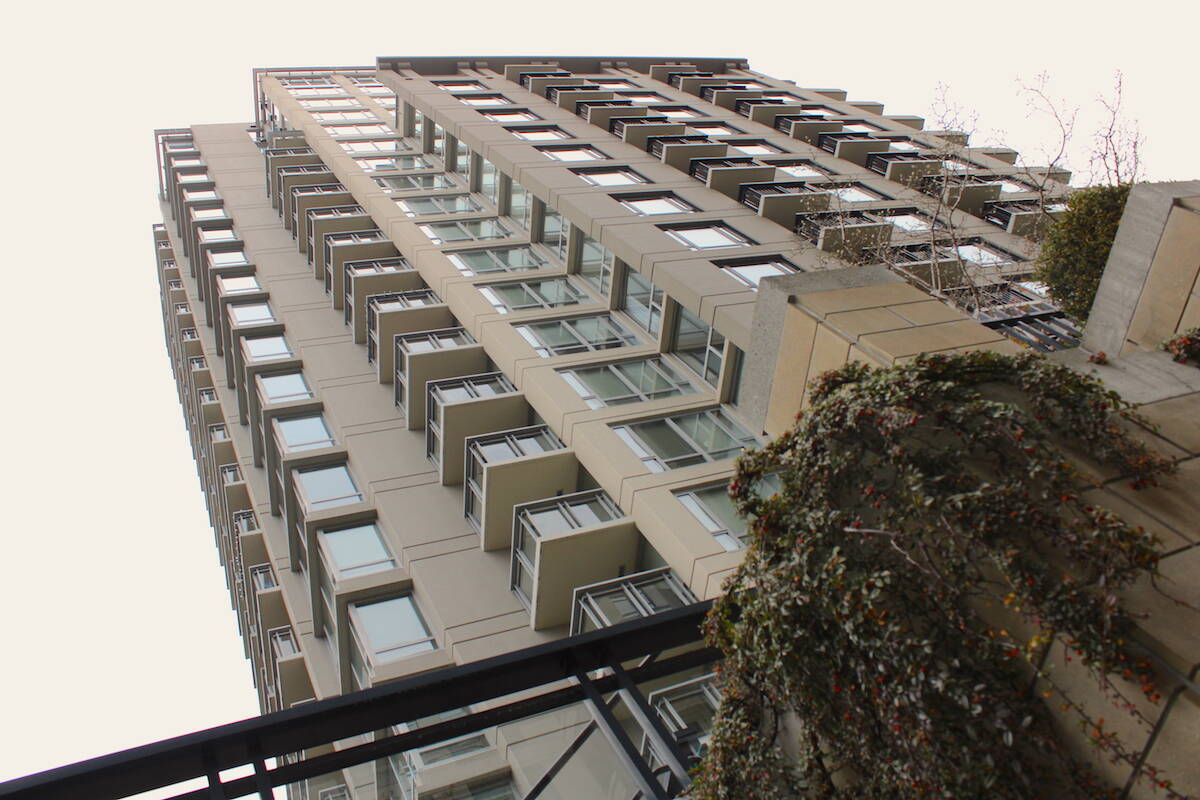Many have pointed fingers at Airbnb as a large, contributing factor in rising residential rental costs in British Columbia and the rest of Canada.
As the logic goes, the more units that are listed on Airbnb in a given city, the smaller the inventory available to long-term renters.
According to a recent survey by the Conference Board of Canada, however, the relationship between rental prices and Airbnb activity is more complex than previously thought.
The comprehensive study compares data from Airbnb activity within and across Airbnb and rental markets between 2016 and 2022.
READ MORE: Airbnb hosts are sick of Airbnb, too
“We find no compelling evidence that the level of Airbnb activity had a meaningful impact on rents. Out of the 30-per-cent increase in rents observed in our sample of neighbourhoods between 2016 and 2022, at most less than one percentage point, or just under $10, can be attributed to increased Airbnb activity,” the study read.
As a result, there has been an impact, but according to the Conference Board of Canada, not enough to thoroughly impact rental costs.
However, at a provincial level, there is evidence that Airbnb activity has pushed rents upward in Quebec. Policies introduced by municipalities and provinces to regulate Airbnb activity have not been as successful in reducing rents.
According to the study, the impact of Airbnb on Canadian rents is more nuanced than previously thought. While the connection is precise, other factors like nearby amenities, public transit and parks have also significantly driven rental costs.
READ MORE: Pretty much screwed’: Saanich tenant slams lack of pet-friendly rentals
AirbnbBC HousingHousing crisis

